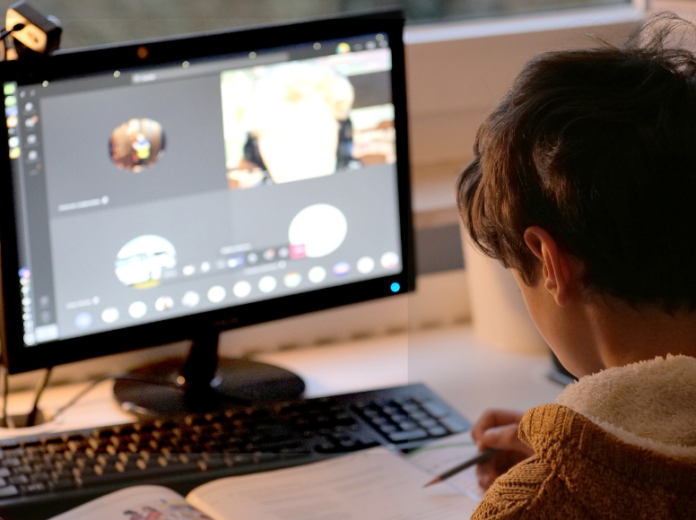Encouraging student self-regulation and fostering independent learning are essential goals in education, aiming to equip students with the skills and mindset necessary for lifelong success. Self-regulated learners are able to manage their own learning processes, set goals, monitor their progress, and adapt strategies as needed. Here, we explore effective strategies that educators can employ to promote student self-regulation and independent learning:
Promoting Metacognitive Skills: Metacognition involves awareness and understanding of one’s own learning processes. Educators can encourage metacognitive development by teaching students to reflect on their learning goals, monitor their comprehension and progress, and evaluate their strategies for learning. Activities such as journaling, self-assessment checklists, and reflective discussions help students become more aware of their strengths and areas for improvement. For instance, after completing a project or assignment, students can reflect on what strategies worked well and what could be improved for future tasks.
Teaching Goal-Setting and Planning: Effective self-regulated learners set specific, achievable goals and develop action plans to reach them. Teachers can support this process by guiding students in setting both short-term and long-term goals related to their academic and personal growth. Encouraging students to break down larger tasks into manageable steps helps them develop planning skills and fosters a sense of autonomy. For example, before starting a research project, students can outline key milestones, set deadlines for each stage, and identify resources needed to complete the assignment successfully.
Furthermore, fostering a growth mindset—where students believe that their abilities can be developed through dedication and hard work—supports resilience and persistence in the face of challenges. By emphasizing effort, progress, and learning from mistakes, educators empower students to take ownership of their learning journey and build confidence in their abilities.
In conclusion, cultivating student self-regulation and independent learning requires a multifaceted approach that integrates metacognitive skills, goal-setting strategies, and a supportive learning environment. By empowering students to take charge of their learning processes and equipping them with the necessary tools and strategies, educators lay the foundation for lifelong learning and academic success

